Investing.com – The U.S. dollar steadied in early European trade Thursday after overnight losses as Treasury yields retreated in the wake of weak economic data, ahead of the start of the Jackson Hole Symposium.
At 03:20 ET (07:20 GMT), the , which tracks the greenback against a basket of six other currencies, traded 0.1% higher at 103.427, after falling around 0.2% on Wednesday.
Dollar weighed by falling U.S. yields
The dollar retreated on Wednesday after data indicated that U.S. growth was its weakest since February, prompting U.S. Treasury yields to fall back from multi-decade highs as traders figured cooling economic activity would give the less headroom to keep interest rates high.
tumbled 13 basis points to 4.198% on the news, their sharpest one-day slide in more than three months, before falling back to 4.184% in Thursday’s session.
That said, the moves were small as the market awaits the start of the , where a speech by Fed chair Jerome Powell could boost the U.S. currency if he remains tough on inflation.
“With Jackson Hole kicking off … and the material risk of Fed Chair Jerome Powell reiterating a hawkish message, any dollar bearish trend may struggle to find solid momentum,” said analysts at ING, in a note.
Sterling weak on recession fears
traded largely flat at 1.0859 while fell 0.2% to 1.2706 after Wednesday’s business activity data pointed to difficult months ahead for both the eurozone and U.K. economies.
contracted at the fastest pace in over three years in August, while contracted unexpectedly, raising recession risks.
This data raised into doubt the extent that both the and the will continue to raise interest rates to combat inflation.
ECB President Christine Lagarde had already hinted at a pause by the ECB in September, but the BOE was widely expected to hike once more next month as U.K. consumer prices still rose 6.8% in July, more than three times above the central bank’s 2% medium-term target.
Economists now expect the BOE to make only one more increase to Bank Rate, taking it to 5.50% on Sept. 21, according to a Reuters poll, although a significant minority of economists still expect rates to go even higher this year.
Turkey’s central bank set to hike again
rose 0.1% to 27.2199, with Turkey’s central bank generally expected to raise its policy rate to 20% this week, continuing the tightening cycle started in June after President Tayyip Erdoğan appointed former Wall Street banker Hafize Gaye Erkan as governor.
“So far, it is fair to say that the pace of policy tightening over recent months (900bp) has disappointed market expectations,” said ING. “And another 250bp rate hike to 20% in the one-week repo today would still leave real rates deeply in negative territory given inflation is running at close to 50%.”
Tight trading ranges in Asia
In Asia, rose 0.2% to 145.13, after the yen had recovered from a near 10-month low, fell 0.2% to 0.6463, while rose 0.1% to 7.2822, with the yuan helped by from another substantially stronger daily midpoint fixing by the PBOC.
Read the full article here




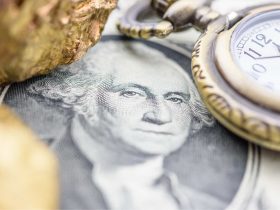


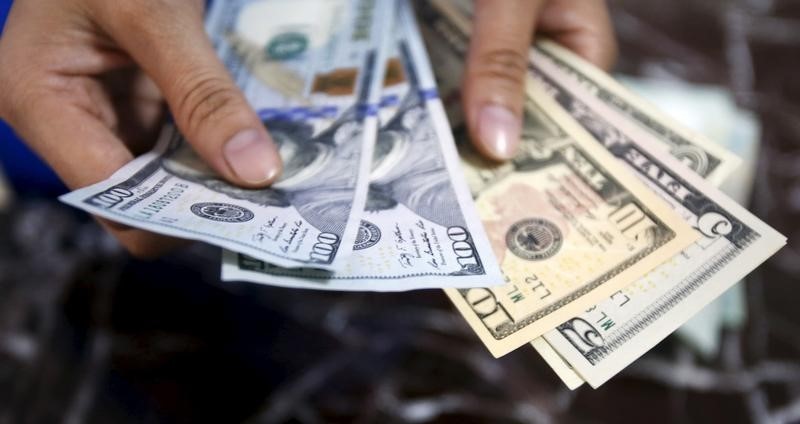
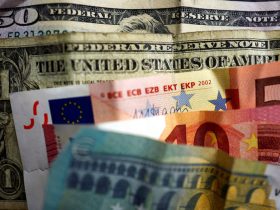
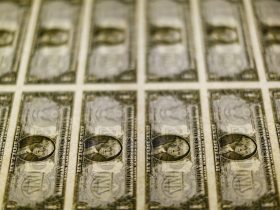
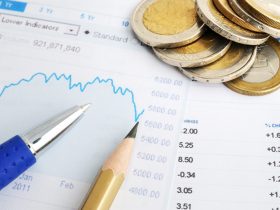
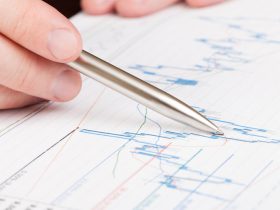
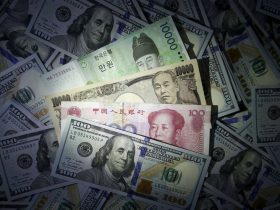
Leave a Reply